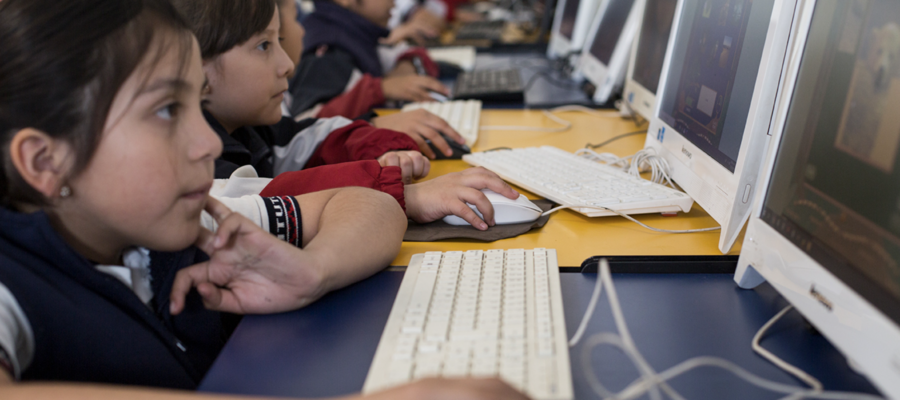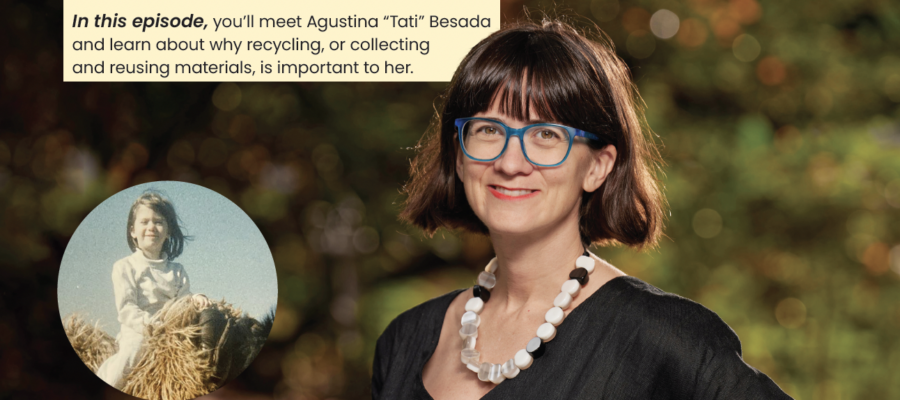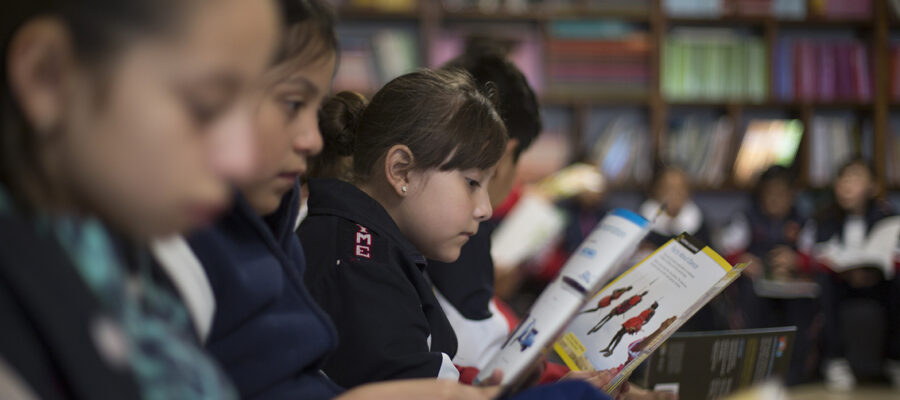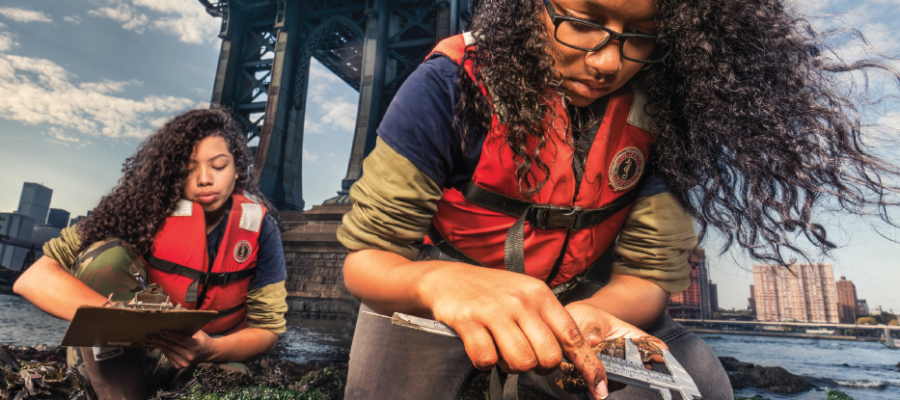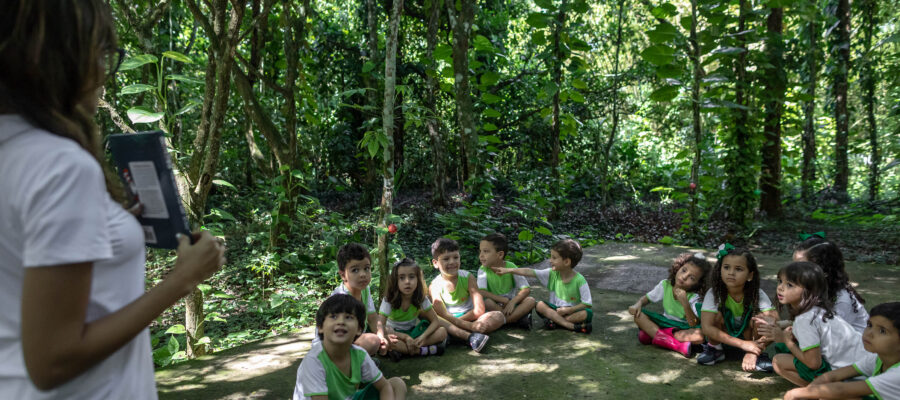In today’s media-saturated world, young learners are constantly presented with information from many different sources. As educators, it’s important to equip our students with the skills to navigate this complex landscape with confidence and discernment. In this post, we’re going to examine the connection between media literacy and critical thinking,
